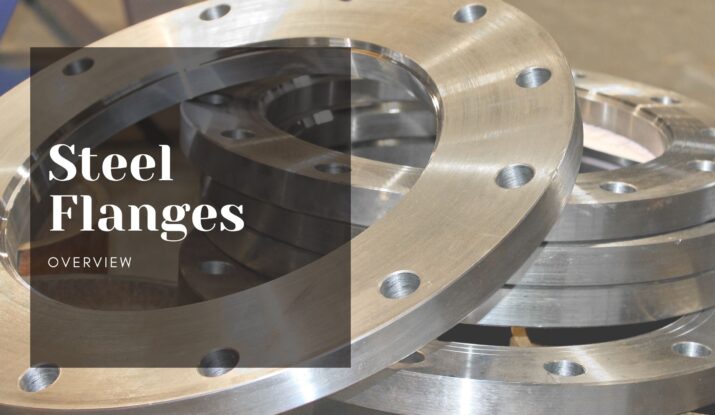


Flanges, often overlooked yet critical components in various industries, play a crucial role in connecting pipes, valves, and other equipment. In this blog, we delve into the intricate world of flanges, exploring their types, applications, and key considerations when choosing the right flange for specific needs.
Steel flanges, the unsung heroes in fluid and gas connectivity, are more than just industrial fasteners. Emirerri Steel, the best steel manufacturer, is aware of the details of these important parts, from the long-lasting characteristics of many kinds (such as weld neck flanges, slip-on flanges, socket weld flanges, threaded flanges, and blind flanges) to their wide range of industrial uses.
Oil and Gas Exploration: Steel flanges play a critical role in oil and gas pipelines, ensuring a leak-free flow of hydrocarbons and maintaining the integrity of these essential networks.
Chemical Processing Plants: In chemical industries, steel flanges facilitate the secure transport of various chemicals, supporting seamless operations with their dependable connections.
Power Generation Facilities: Power plants rely on steel flanges to connect crucial components, such as boilers and turbines, contributing to the efficiency and reliability of power generation processes.
Stainless Steel flange are produced through two primary methods: forging and casting.
Forging: Forging involves shaping heated metal through compressive force, resulting in strong and precisely shaped flanges.
Casting: Casting entails pouring molten metal into molds, allowing for complex shapes and cost-effective production.
Selecting the appropriate steel flange involves careful consideration of pressure, temperature, and compatibility with existing piping systems.
Adhering to ANSI/ASME standards and obtaining ISO certifications ensures the quality and reliability of steel flanges.
Balancing initial costs with long-term benefits is crucial when considering steel flanges for industrial applications. Factors like material, size, and application influence overall costs.
Durability: Crafted for longevity, Emirerri Steel flanges withstand harsh industrial conditions, ensuring steadfast reliability and performance.
Corrosion Resistance: Emirerri Steel’s stainless-steel flanges boast exceptional corrosion resistance, a testament to their durability in challenging environments.
Temperature and Pressure Tolerance: Designed to thrive under diverse conditions, Emirerri Steel flanges demonstrate versatility and adaptability.
As we unravel the strength, precision, and innovation behind Emirerri Steel’s flanges, it becomes clear that these components are more than connectors – they are the threads that weave resilience and reliability into the fabric of industrial systems. Emirerri Steel, with its commitment to excellence, continues to shape the narrative of steel flanges, elevating industrial connectivity to unparalleled heights. Join us in celebrating the power of steel, as Emirerri Steel’s flanges stand as a testament to the enduring strength that connects and powers the industries of today and tomorrow.
Thank you for your interest. We value your feedback and inquiries. If you require assistance with our products or services, our dedicated customer support team is ready to help.
2024 © All rights reserved by Emirerri Steel Manufacturer Pvt Ltd